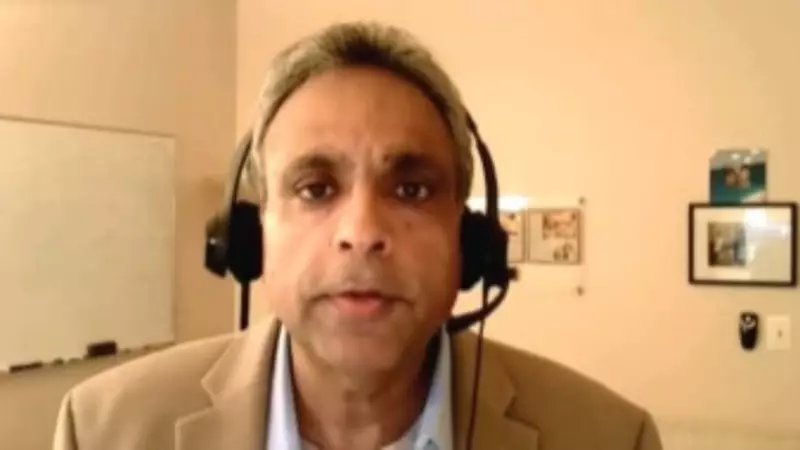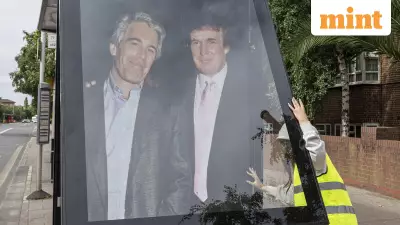
The ongoing debate surrounding H-1B visas has intensified with recent mixed signals from the Trump administration, prompting Indian-origin economist Professor Ronil Hira to shed light on why American companies consistently prefer foreign workers under this program.
The H-1B Controversy Explained
The fresh controversy emerged after President Donald Trump appeared to soften his stance on H-1B visas during a recent FOX interview, stating that America needs certain types of foreign talent. This marked a significant shift from weeks earlier when his administration took a strong stance against the program by imposing a $100,000 visa fee on companies hiring H-1B workers.
Professor Ronil Hira, a Howard University academic and long-time critic of the H-1B system, weighed in on the developing situation, explaining that it's a "no-brainer" why US companies prefer H-1B workers despite the ongoing political divide within the MAGA movement and increasing targeting of Indians in the United States.
Why Employers Choose H-1B Workers
According to Dr. Hira, most people coming to the US on H-1B visas possess ordinary skills that are abundantly available among American workers. However, employers demonstrate a clear preference for H-1B workers for two primary reasons: they can legally be paid less than American workers and they are more controllable since they're effectively indentured to their employers.
"It's kind of a no-brainer for employers to prefer the H-1Bs," Dr. Hira stated, while acknowledging that some highly qualified individuals do come through the program. "The real issue is how do you fix the program so that most of the people coming in are actually filling genuine skill gaps and not coming in because they are cheaper and controllable."
Labor Issue vs Immigration Debate
Dr. Hira emphasized that the H-1B discussion often becomes muddled with immigration concerns, when it should fundamentally be treated as a labor policy matter. "It's not an immigration issue but a labor issue. You are intervening into the labor market, injecting workers here," he explained.
The Indian-origin expert argued that any guest worker program requires strong worker protections, which the H-1B visa notably lacks. "You should have a high bar to inject workers who have fewer rights, who are sort of second class in a lot of ways and their worker protections are just very weak. Any guest worker program needs very strong worker protection. H-1B has very weak worker protection and that's why Silicon Valley loves it," Dr. Hira concluded.
The economist cited well-documented incidents at companies like Disney and the University of California, where American workers were reportedly forced to train their H-1B replacements, demonstrating that H-1B visa holders aren't always highly skilled individuals filling specialized roles that Americans cannot.





